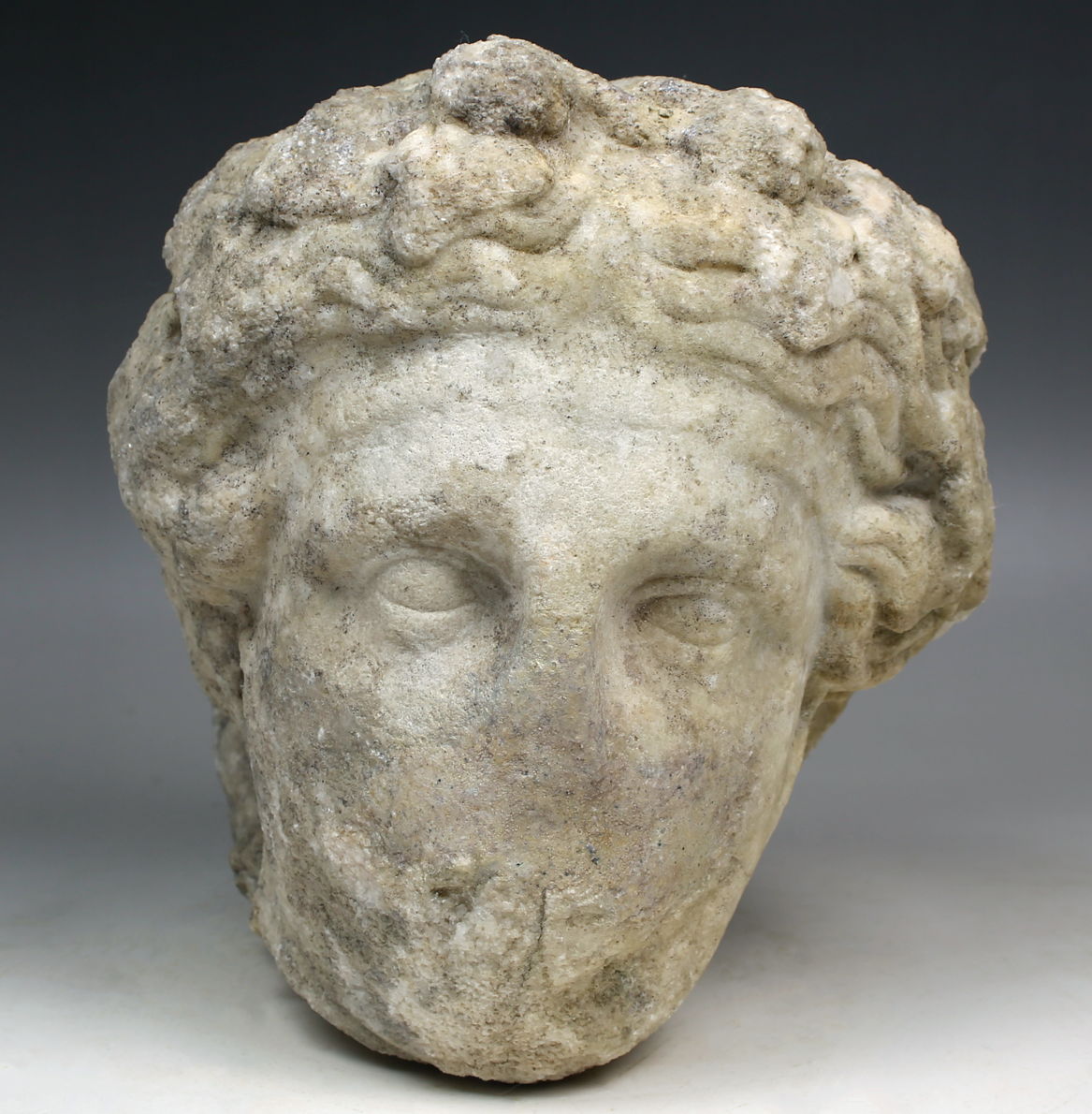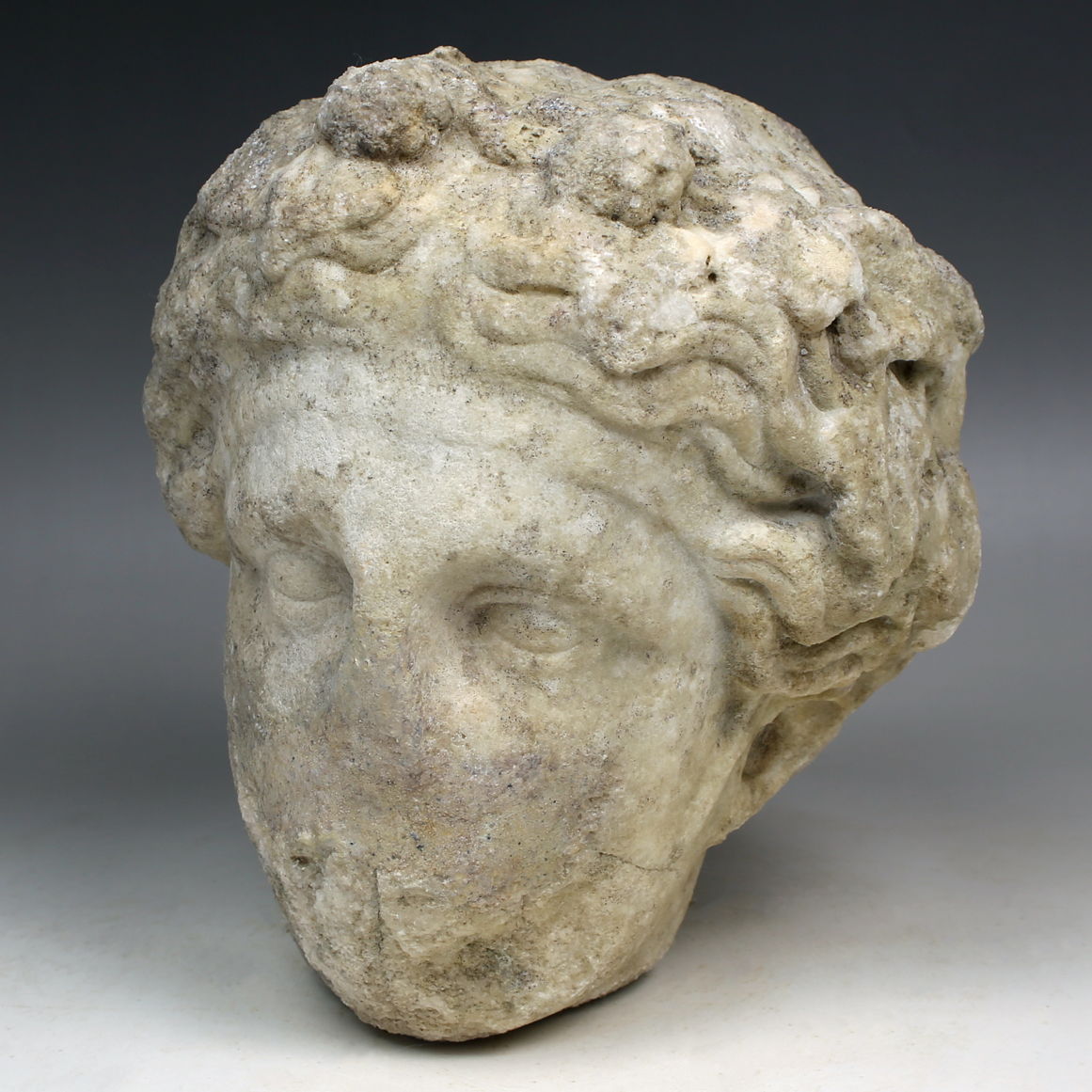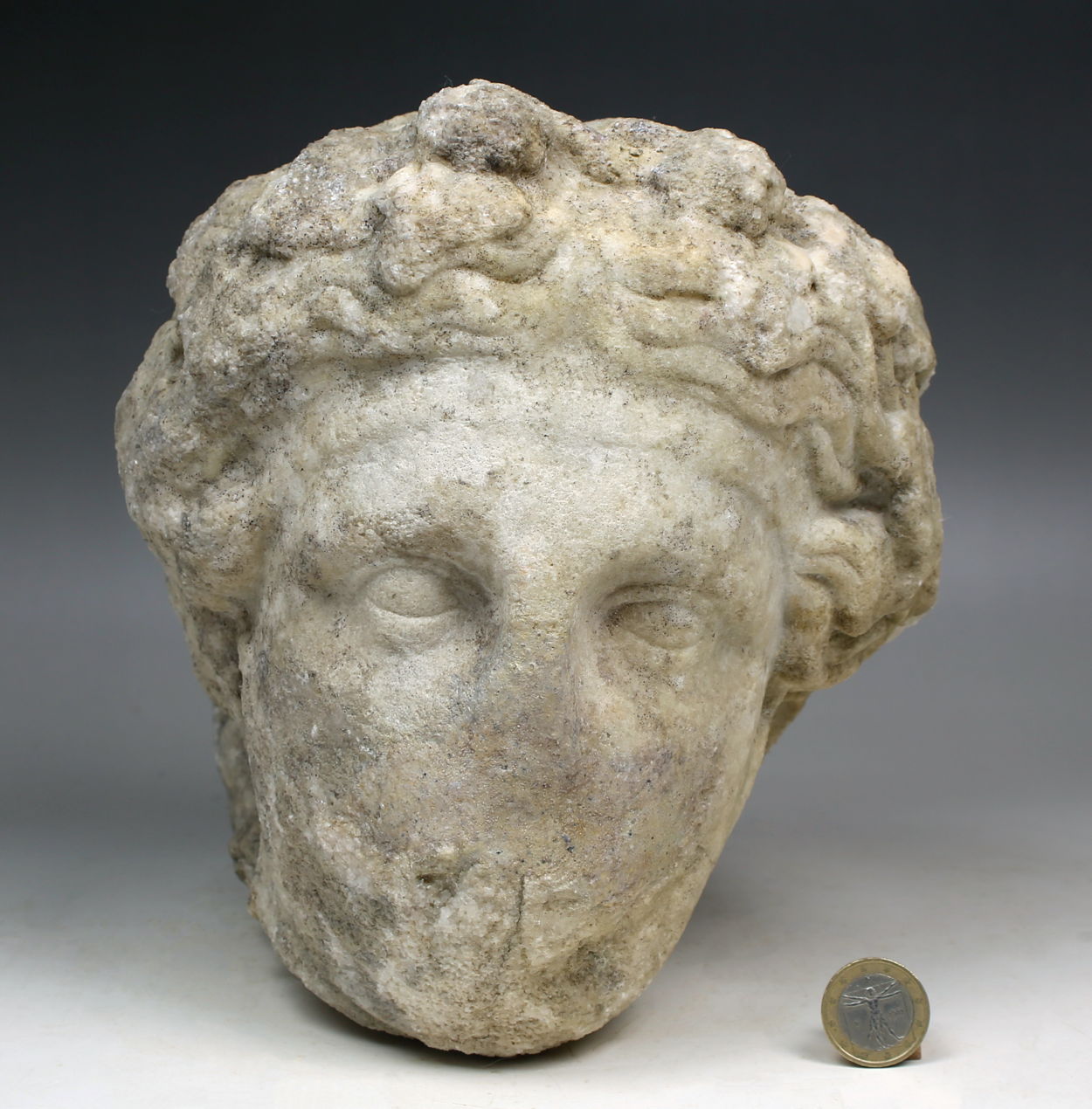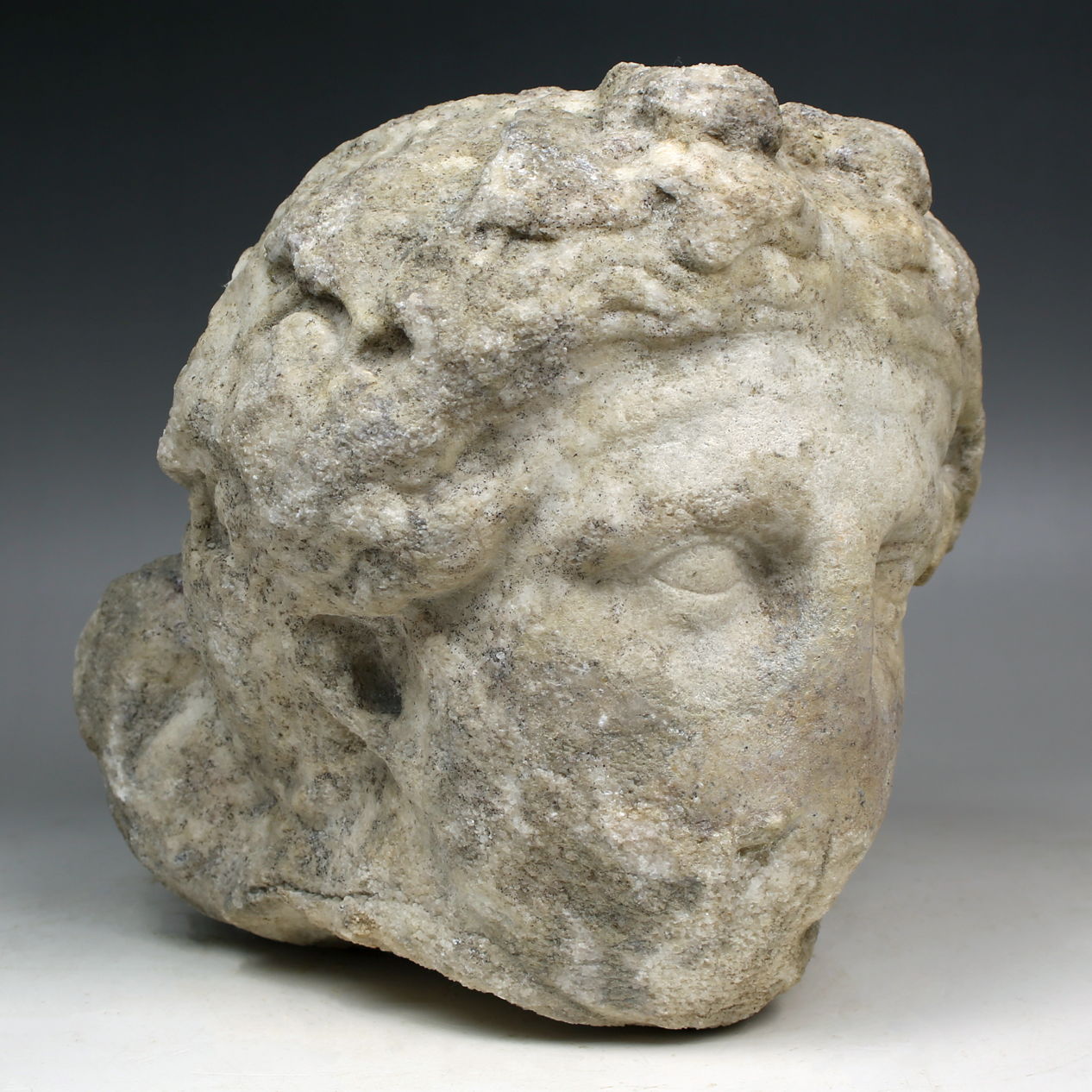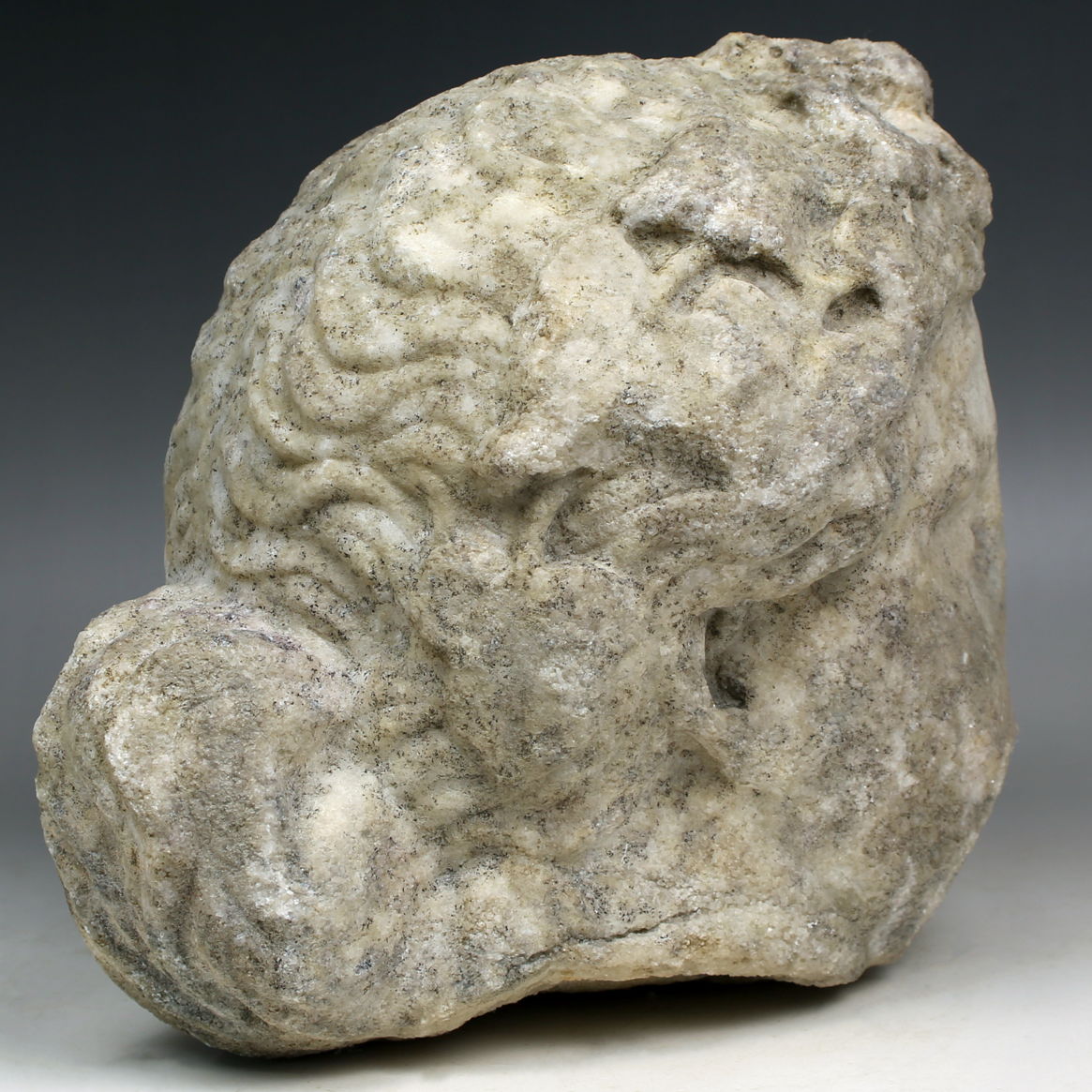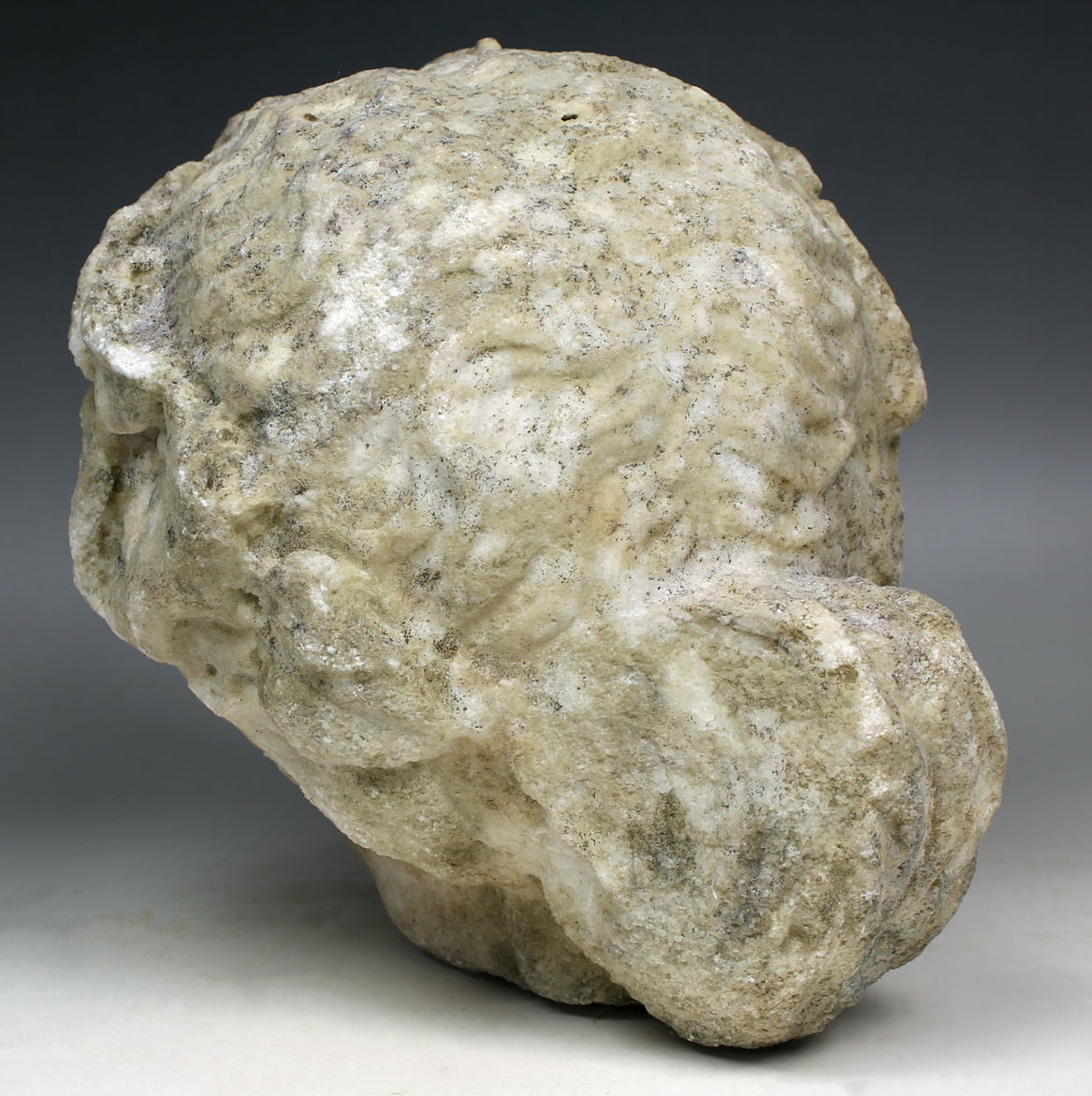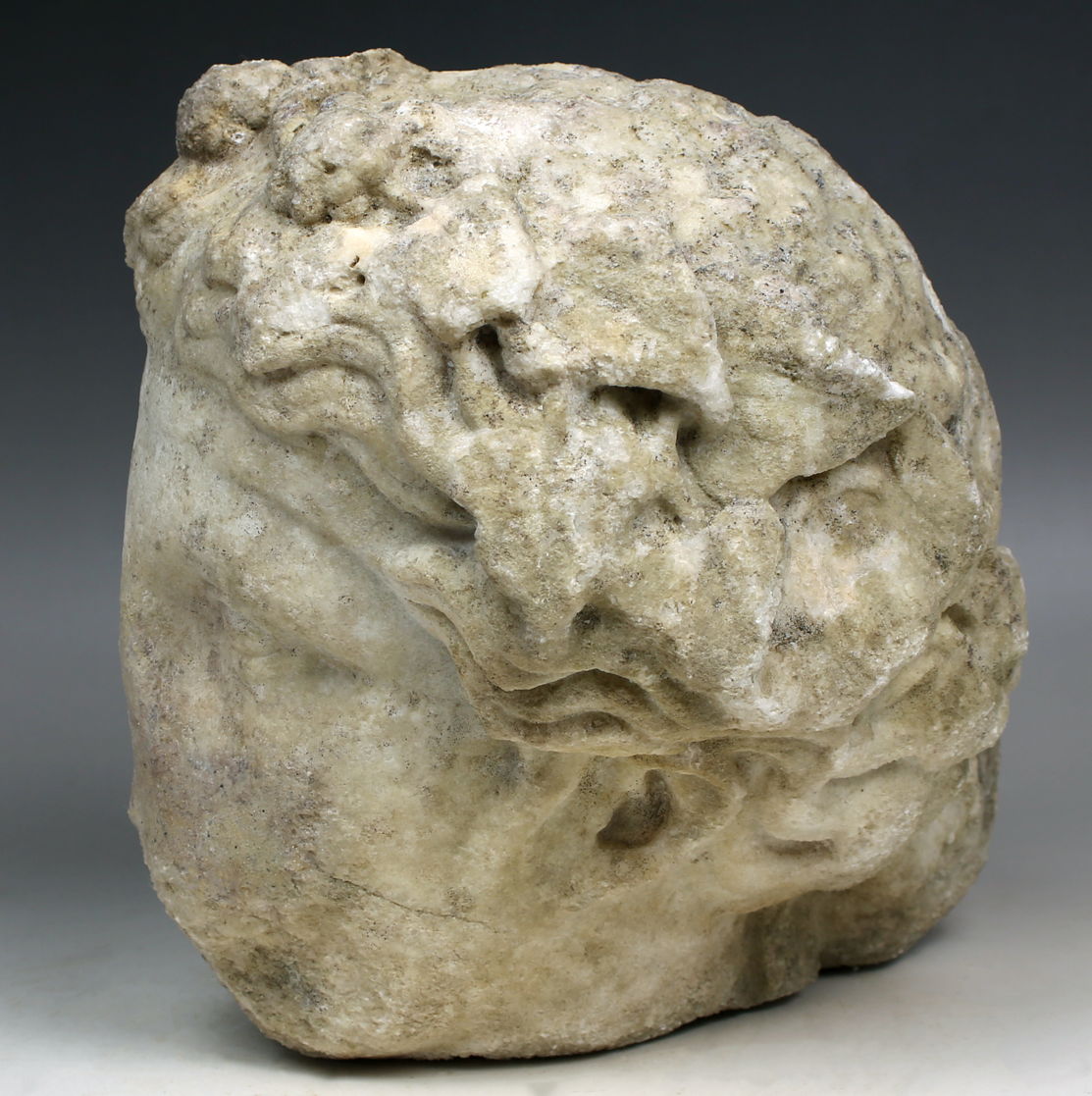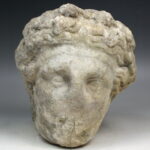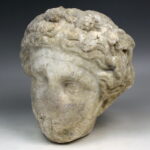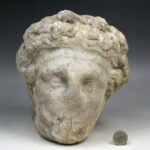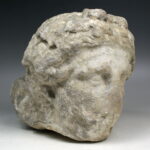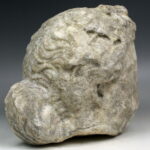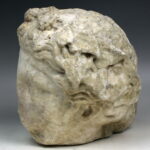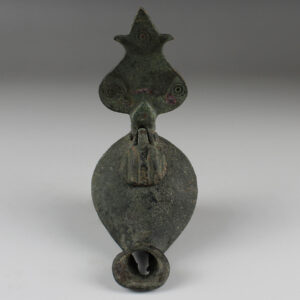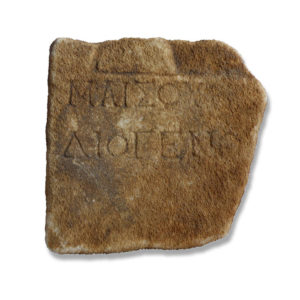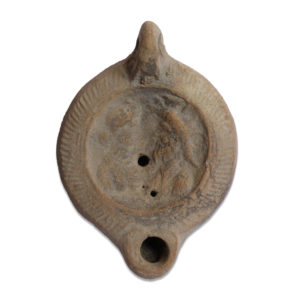Description
| ITEM | Head of Venus |
| MATERIAL | Marble |
| CULTURE | Roman |
| PERIOD | 1st – 2nd Century A.D |
| DIMENSIONS | 205 mm x 185 mm x 230 mm |
| CONDITION | Good condition, professionally cleaned. |
| PROVENANCE | Ex Cassencarie House collection, Scottish baronial house now ruined, acquired mid-late 19th century, thence by family descent |
In the Roman period, Venus was one of the most important and widely venerated deities, associated with love, beauty, fertility, and prosperity. She was the Roman counterpart to the Greek goddess Aphrodite, but her significance in Roman culture extended beyond her Greek origins. Venus was revered not only as a goddess of romantic love and personal beauty but also as a symbol of civic unity and military success. The Romans believed that Venus had a direct connection to the founding of Rome itself through her son, Aeneas, the Trojan hero who was considered an ancestor of Romulus and Remus, the legendary founders of the city. This link made her a guardian of the Roman state and its people.
Venus held a central place in Roman state religion and political ideology. Julius Caesar famously claimed descent from Venus through the gens Julia, his family line, which traced its origins to Aeneas. This association elevated Venus to a special status in the Roman pantheon, where she was not only a personal deity of individuals but also a protector of Rome’s imperial destiny. Caesar dedicated a temple to Venus Genetrix (“Venus the Mother”) in 46 BCE, reinforcing her role as a mother figure to the Roman people and the imperial family. Later emperors, including Augustus, continued to promote her worship, using her imagery and temples to strengthen the divine legitimacy of their rule.
In Roman art, Venus was frequently depicted in statues, frescoes, mosaics, and coins. She was often shown in idealized form, representing the height of feminine beauty and grace, with flowing robes or depicted nude, emphasizing her role as the goddess of love and desire. Venus was a popular figure in private worship, and her temples were often visited by those seeking blessings in matters of the heart, fertility, or marriage. Her festivals, such as the Veneralia and Venus Verticordia, were celebrated with offerings of flowers and incense. Venus’s influence extended into all aspects of Roman life, from personal relationships to politics, symbolizing both personal allure and the broader power of the Roman state.


